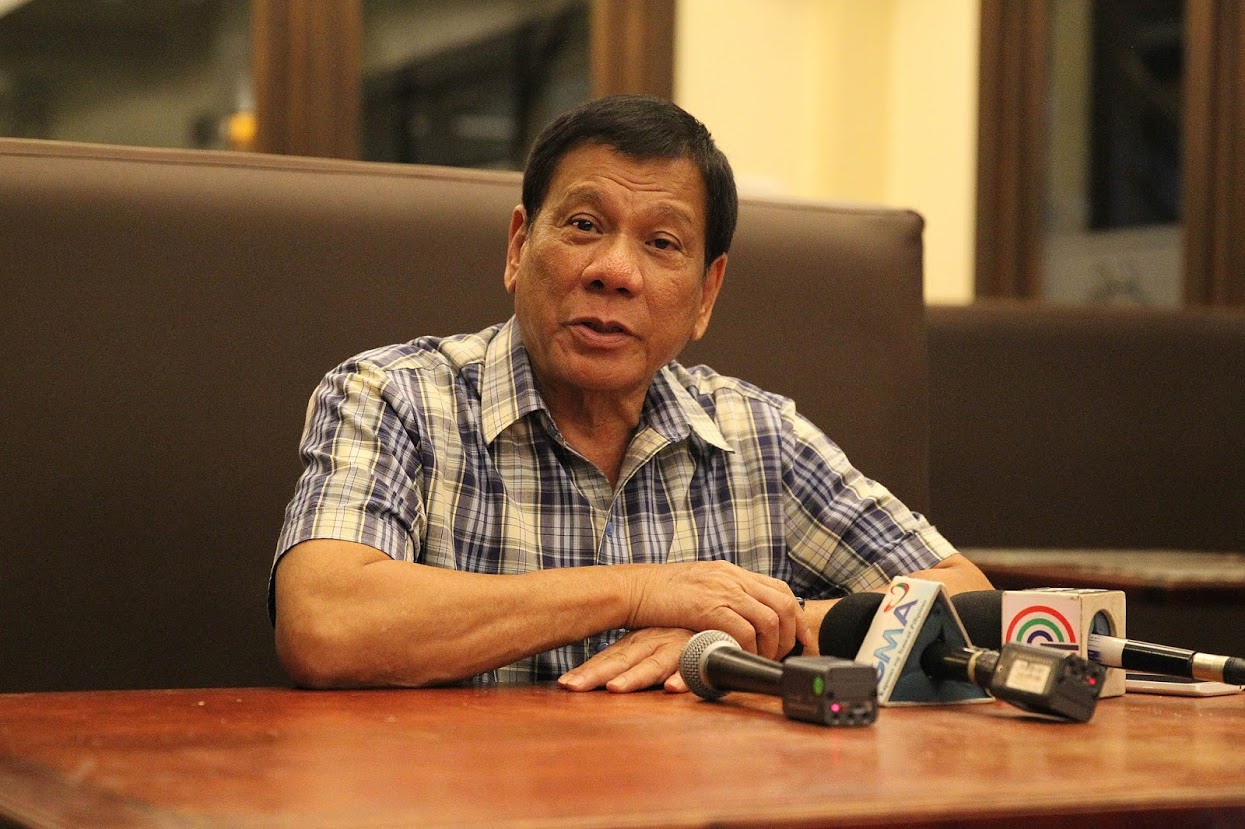Normal people might say this post would be more suited for Valentine's Day, but this is actually a fitting time for me. The world of dating and relationships is one of the things I fear the most.
There are many personal reasons why it's difficult for me to commit I've been having self-reflections for a number of personal reasons, but the most interesting one was an email. I was part of a group that sat in on a TV screening as part of a fundraiser, and that same company took my information and sent a casting call for singles in Los Angeles:
"Are you single and over the dating scene in Los Angeles? Are you tired of spending all of your time messaging on dating apps when you could be meeting someone face to face?
Do you sometimes wish you could find out right away if you and another person have true physical chemistry?
Step outside of the box and be a part of an exhilarating dating experience!"
Let the record show that I'm so terrible at dating that I actually considered applying. And that's the thing: why did I consider applying? I don't need to date a person. I can barely cook chicken without drying it out, I'm currently searching for job options after I graduate from USC and I already have more than enough family and chosen family who love me despite my issues.
But it seems to me the part of the reason why I considered it is the same reason why millions watch episodes of inebriated young adults on Bachelor or why anyone gets a Tinder or shares articles from The New York Times' "Modern Love" series.
We are all in the pursuit of love. And unless we're in satisfying relationships already, we're all on the struggle bus.
I'm not saying that trying to find a partner is all that consumes my life, or that singles who are perfectly fine with being single are actually lonely. But we've all been at the point where we realized that love is more complicated than finding mutual attraction (and even then, getting to that point can be complicated, too.)
There are all sorts of reasons listed on the Internet as to why dating among people in my generation sucks. New means of communication--dating apps, social media platforms and instant messaging included--is usually listed as a big reason. This topic was even explored in a Buzzfeed video:
Everyone has read some form or another of why dating sucks for people of my generation, but it turns out that but turns out that dating in Los Angeles in general can actually suck, too. L.A. dating coach Damona Hoffman attributes part of it to the personality of people who live in the city, where "it’s nearly impossible to determine if someone likes you or if they are more into your money and connections." (A quote that, incidentally, reminded me of a friend whose Tinder date turned into a mentoring session in the accounting field.)
I suppose this makes sense in some part. Los Angeles is a place where people come to live out their dreams, and trying to make your dreams a reality in a city with a high cost of living is a lot of work without throwing hookup and dating culture into the mix. Add that with modern fear of looking too desperate, clingy or "creepy," and I'm personally on the verge of giving up hope.
According to this website, there are about 4,435 people who are "perfect" for me in Los Angeles. And in Pasadena, which is closer to my hometown, there are 175 people. The website doesn't exactly account for things such as whether those people are gay or if they prefer to date people who graduated from Ivy Leagues, but it's still interesting to think about; there's no such thing as a real soul mate because there are multiple people out there who would be "perfect."
Except, in actual relationships nothing is perfect. The kind of marriages that last 60 years and get talked about in the news all give advice along the lines of how having a great relationship is about being able to constantly work at it. Relationships must grow along with the people in them, or so I've heard, and people must work around or through each other's differences. I guess my issue and the issue with all of my friends is that we're too individualistic and conflicting in terms of our deal breakers. Can't be a Trump Republican, can't have too much control over the relationship but has to plan all the dates, can't be too nice but also can't be an asshole...
Perhaps this is just a Twenties thing and I'll feel differently about dating when I'm older. But, for now, where I am in my life, it's just one complicated thing that I really would rather not deal with.


